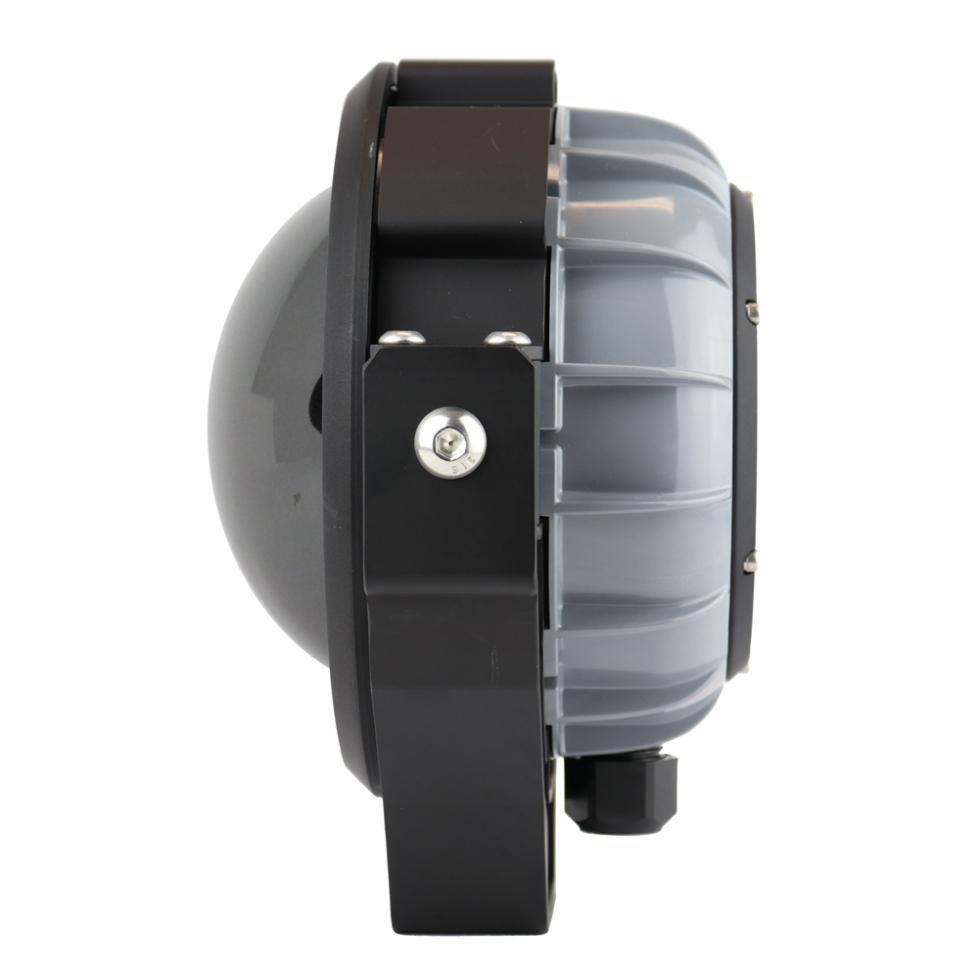Ethical Implications of Using Command-Line Bash in Healthcare
Command-line Bash is a powerful tool that has revolutionized the way we interact with computers. It is a text-based interface that allows users to control their computers by typing commands. Bash is widely used in healthcare for various tasks, including data analysis, system administration, and application development. However, the use of Bash in healthcare raises several ethical implications that need to be carefully considered.

Ethical Implications Of Using Commandline Bash In Healthcare:
The use of command-line Bash in healthcare has several ethical implications that need to be carefully considered. These implications include:
Data Security and Privacy:
- Potential Risks: The use of Bash in healthcare can pose potential risks to data security and privacy. Bash scripts can be easily modified and executed without leaving a trace, making them a potential target for malicious attacks. Additionally, Bash scripts often contain sensitive patient information, which could be compromised if the scripts are not properly secured.
- Importance of Security Measures: To mitigate these risks, healthcare providers must implement robust security measures to protect patient data. These measures should include encryption, access controls, and regular security audits.
- Ethical Responsibility: Healthcare providers have an ethical responsibility to safeguard patient privacy and protect patient data from unauthorized access and disclosure.
System Reliability and Integrity:
- Potential Consequences: System failures and data corruption caused by Bash vulnerabilities can have serious consequences in healthcare. These failures can lead to inaccurate patient records, delayed or interrupted care, and even patient harm.
- Importance of System Integrity: Maintaining system integrity and reliability is crucial for ensuring accurate and timely patient care. Healthcare providers must implement rigorous testing and quality assurance procedures to ensure that Bash scripts are properly developed and tested before being deployed in production environments.
- Ethical Implications: Using outdated or unpatched Bash versions that compromise patient safety raises ethical concerns. Healthcare providers have an ethical obligation to keep their systems up-to-date and secure to protect patient safety.
Compliance and Regulatory Issues:
- Relevant Regulations: The use of technology in healthcare is governed by various regulations and standards, such as the Health Insurance Portability and Accountability Act (HIPAA) in the United States and the General Data Protection Regulation (GDPR) in the European Union.
- Ethical Implications of Non-Compliance: Non-compliance with these regulations and standards can have serious ethical implications, including legal liability, reputational damage, and loss of patient trust.
- Importance of Adherence: Healthcare providers have an ethical obligation to adhere to these regulations and standards to ensure the responsible and ethical use of technology in healthcare.
Transparency and Accountability:
- Transparency: Healthcare providers have an ethical obligation to be transparent about the use of Bash and its potential risks. They should clearly communicate to patients and other stakeholders how Bash is being used and what measures are being taken to protect patient data and privacy.
- Informed Consent: When using Bash for healthcare purposes, it is important to obtain informed consent from patients. Patients should be informed about the potential risks and benefits of using Bash and should have the opportunity to make an informed decision about whether or not to consent to the use of Bash.
- Accountability: There should be clear accountability mechanisms in place to address potential ethical violations related to the use of Bash in healthcare. This includes mechanisms for reporting and investigating ethical violations and for taking appropriate disciplinary action.
Ethical Considerations for Healthcare Professionals:
- Ethical Dilemmas: Healthcare professionals face various ethical dilemmas when using Bash. These dilemmas include balancing the potential benefits of Bash with the ethical risks involved, making decisions about when and how to use Bash, and addressing the ethical implications of Bash vulnerabilities.
- Importance of Ethical Decision-Making: Healthcare professionals must engage in ethical decision-making when using Bash. They should consider the potential benefits and risks of using Bash, the ethical principles involved, and the impact of their decisions on patients and other stakeholders.
- Guidance for Ethical Decision-Making: Healthcare professionals can benefit from guidance on ethical decision-making in the context of using Bash in healthcare. This guidance can help healthcare professionals navigate the ethical challenges they face and make informed decisions that are aligned with ethical principles.
The use of command-line Bash in healthcare has several ethical implications that need to be carefully considered. Healthcare providers have an ethical responsibility to address these concerns and ensure the responsible and ethical use of technology in healthcare. This includes implementing robust security measures, maintaining system integrity and reliability, complying with relevant regulations and standards, and promoting transparency and accountability. Ongoing dialogue and collaboration among healthcare professionals, ethicists, and policymakers are essential to address emerging ethical challenges in the use of technology in healthcare.

YesNo

Leave a Reply